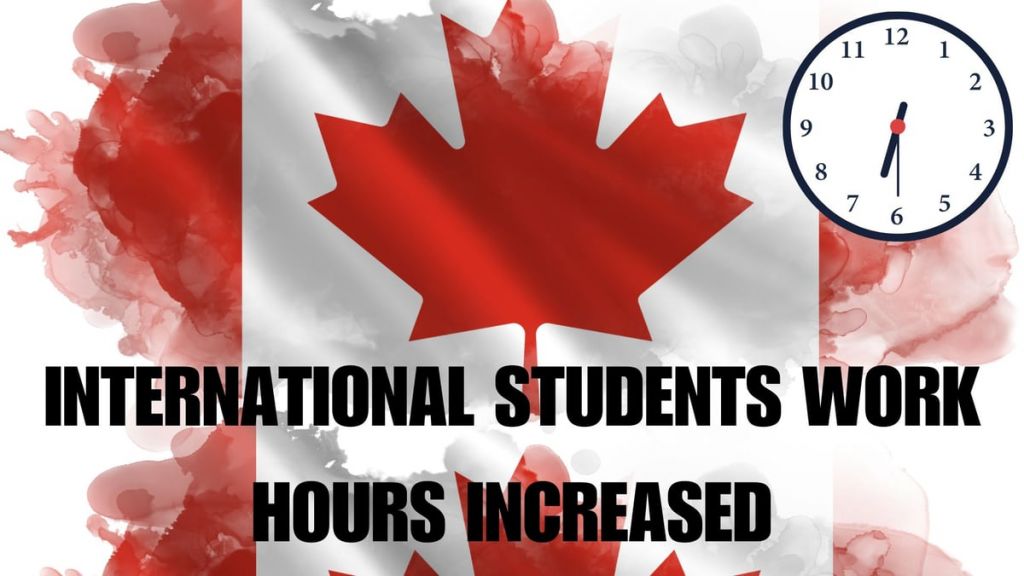
Starting November 8, 2024, international students are allowed to off-campus work up to 24 hours a week during the academic term. This is increased from the usual 20 hours a week. These changes are focused on easing financial burdens on many students while still retaining their primary focus on academics.
Marc Miller, the Minister of Immigration, Refugees, and Citizenship, highlighted the importance of this adjustment. "By capping the off-campus work limit at 24 hours per week, we are finding the right balance between the provision of work opportunities and student ability to concentrate on their education. We also expect institutions to support our efforts in preserving the integrity of the International Student Programme," he said in the news statement while reiterating the government's commitment to protecting a positive and successful international student experience in Canada.
This policy shift comes at a time when international education in Canada is adopting a changed approach. Last week, the SDS programme was discontinued for Indian students. It is mixed reactions amongst the students, as some welcome this change while others claim that it hampers opportunities and economic challenges in cities like Toronto.
Mixed reactions among students
Mohammad Nishat, a postgraduate student at York University, feels that extended work hours will be a blessing for students who have already come to Canada. "This move will benefit the already-arrived students who get to earn more," he said.
However, overcrowding is an issue he highlighted. "I live in Toronto, and every third or fourth person I meet is Indian. Toronto, despite being a big city, has limited opportunities. With so many students in one space, it's an unhealthy economy where everybody is just fighting to make ends meet."
He also added that the influx of students has made some do cash jobs or even illegal work. According to Nishat, the introduction of caps on student inflow may be beneficial enough since earlier arrivals will have the chance for permanent residency or better opportunities.
However, Rohit (who goes by only his first name), a master's student at Northeastern University in Toronto, said the change was all good. "The 24-hour cap strikes a good balance between academics and earning to support oneself. At minimum wage, Indian students can now earn enough to manage their expenses," he said.
Whereas, not all students see the increase as transformative. Shweta K., studying for a diploma at Fleming College, believes the extra four hours will make little difference. "Things are expensive over here; managing rent, food, and travel is a little difficult," she said.
Some students feel that Canada is no longer as attractive to Indian aspirants for quality education. Nishat feels that the level of education many are looking for cannot be achieved unless one is willing to spend around `40–60 lakh. "Prospective students should look at other countries in which their investment will fetch better value. All of a sudden, Canada seems to be a gamble — if everything works out, it's great, but if things do not work out, it is a disaster," he said.